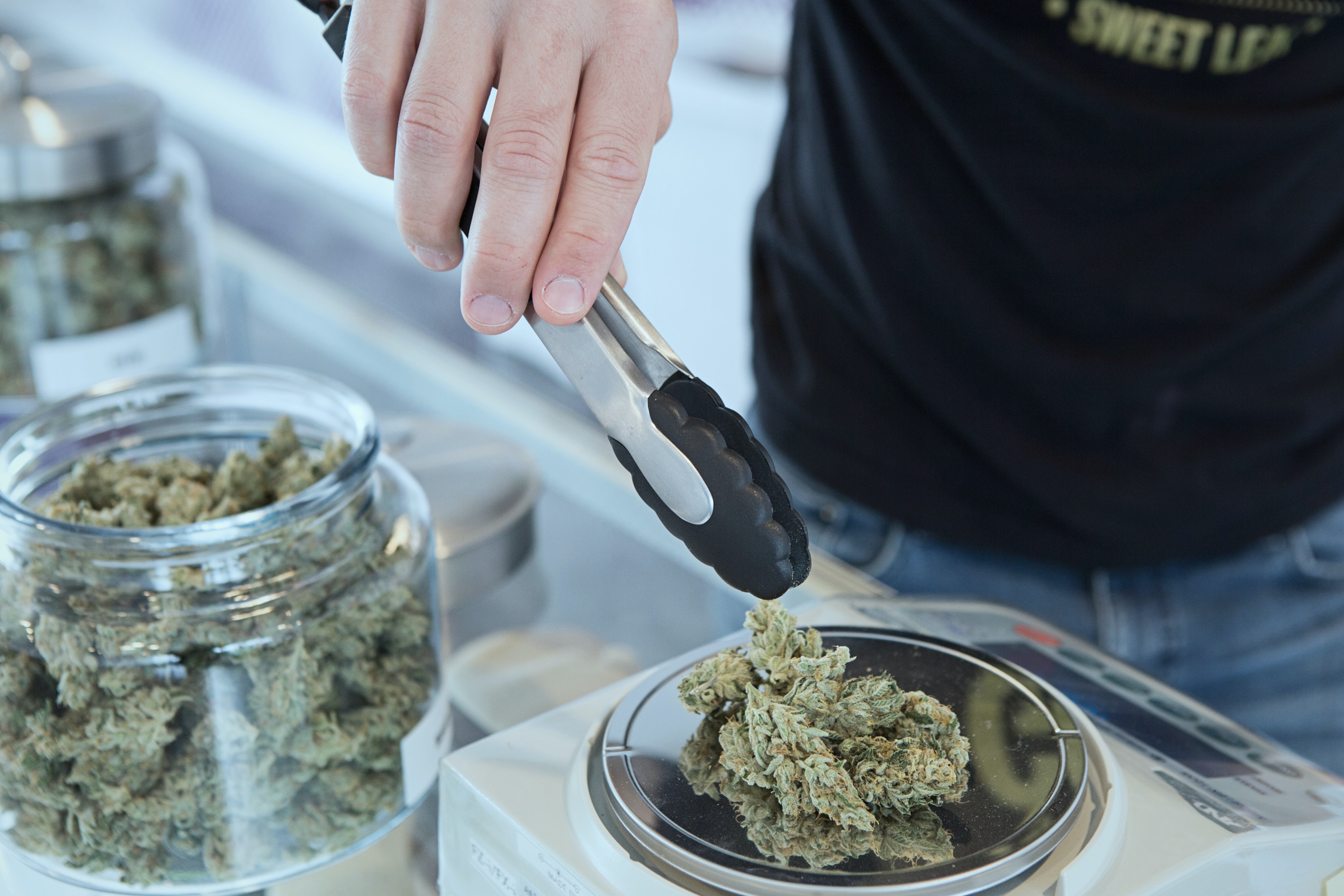As expected in a previous article, the French government notified on July 2021 to the European Commission a draft order implementing Article R. 5132-86 of the Public Health Code for cannabis.
The draft order aims at bringing French regulation on CBD products into line with the recent case law of the Court of Justice of the European Union (CJEU, 19 November 2019, Kanavape, C-663/18) by authorising the professional use of any part of CBD hemp whereas it was limited to seeds and fibers in the current legislation.
However, the opening of the French market could be less significant than expected for CBD professionals. Worse, it could jeopoardise part of the business of thousands of specialised French shops.
Pursuant to Article 1, I) of the draft order, “the cultivation, import, export and industrial and commercial use of only varieties of Cannabis sativa L., whose delta-9-tetrahydrocannabinol content is not more than 0.20 % and which are included in the common catalogue of varieties of agricultural plant species or in the official catalogue of species and varieties of plants grown in France, are authorised”.
However, Article 1, II) provides for a ban on the possession, sale and consumption of CBD “flowers or raw leaves in all their forms, alone or mixed with other ingredient” in particular as smoking products, herbal teas or potpourri. CBD flowers and leaves may “be harvested, imported or used only for the industrial production of hemp extracts”.
Such ban on the sale and consumptions of CBD flowers is justified by the French government on “grounds of public order”. According to them, internal security forces cannot quickly distinguish, particularly during a control, between CBD hemp lower and a flower exceeding the THC residual limit. The ban is therefore necessary for the effectiveness of law enforcement operations.
This justification is highly questionable, particularly in the light of the Kanavape decision. The Court of Justice of the European Union ruled that if a national measure prohibiting the marketing of CBD from the whole plant constituted an obstacle to the principle of free movement of goods, it could be justified “by an objective of protecting public health and does not go beyond what is necessary for that purpose”.
The ban measure is not based on the ground of public health since the French authorities cannot provide detailed evidence of a possible risk to public health that would justify a general prohibition on the sale of hemp flowers and leaves to consumers. Beyond the admissibility of public order ground, which is not mentioned in the Kanavape decision, there is also a doubt on the necessity and the proportionality of the such measure.
The justification of the prohibition by the need to be able to distinguish easily between licit and illicit products is quite surprising. This problem could be circumvented with less restrictive measures such as:
- the obligation to sell CBD hemp flowers into sealed packaging to guarantee the traceability of the products
- the use by security forces in the field of testing devices that enable the rapid measurement of THC levels
The French draft order is not yet enforced but it is not certain that it will fully comply with EU requirements and particularity with the principle of free movement of goods as described under Articles 34 and 36 of the Treaty on the Functioning of the European Union.
If you have any question about this issue, we would recommend to seek for legal advice.


Pas de contribution, soyez le premier